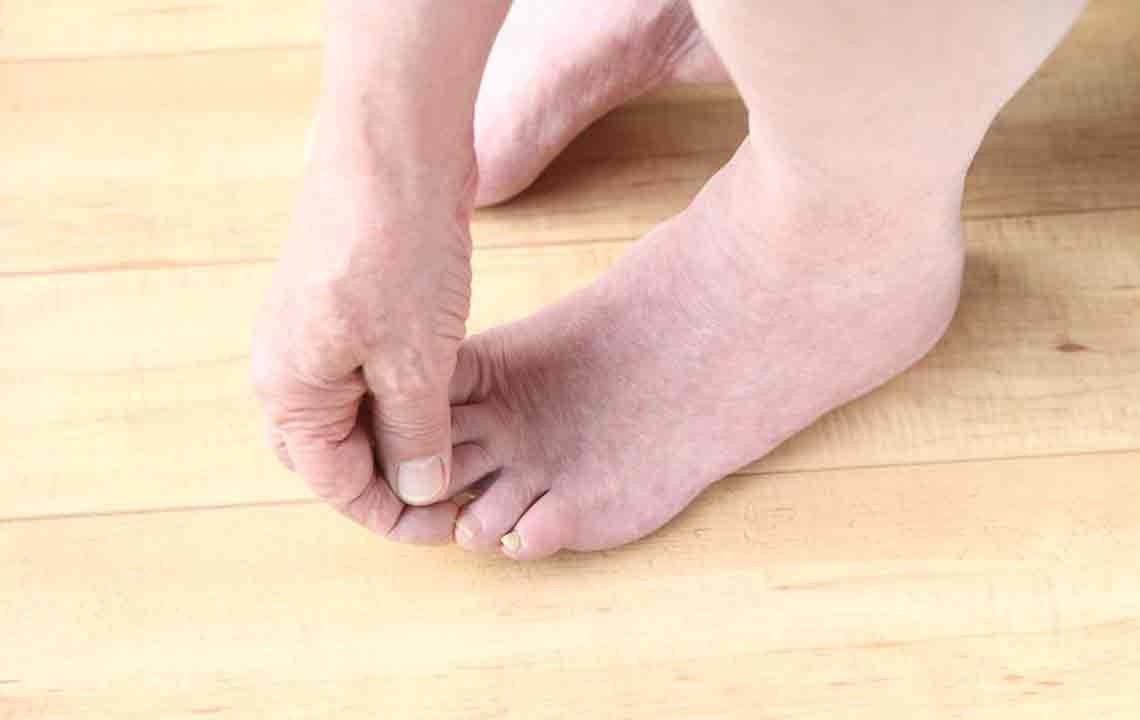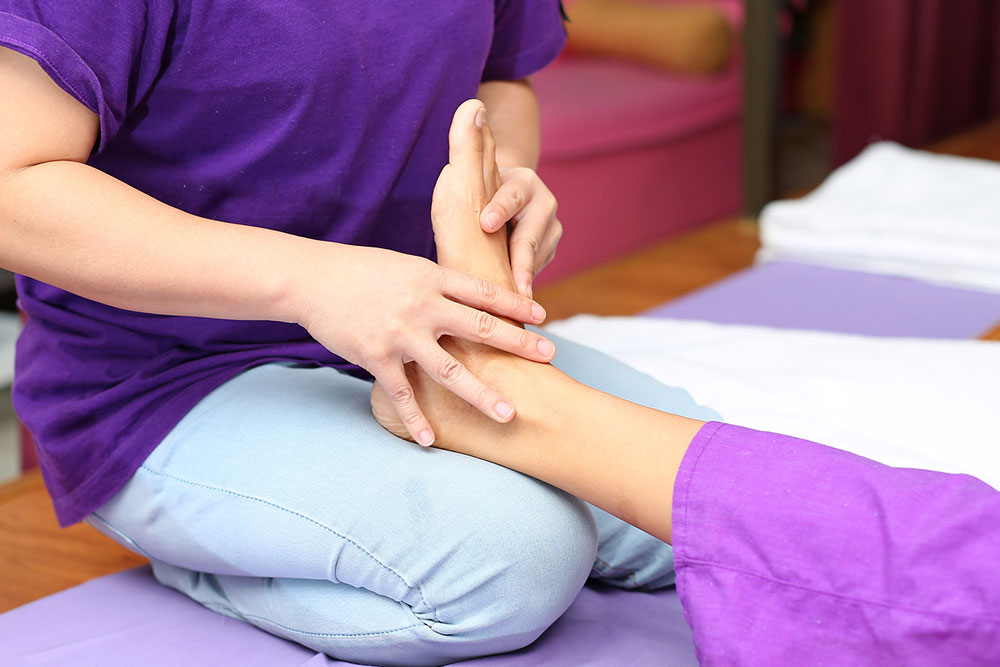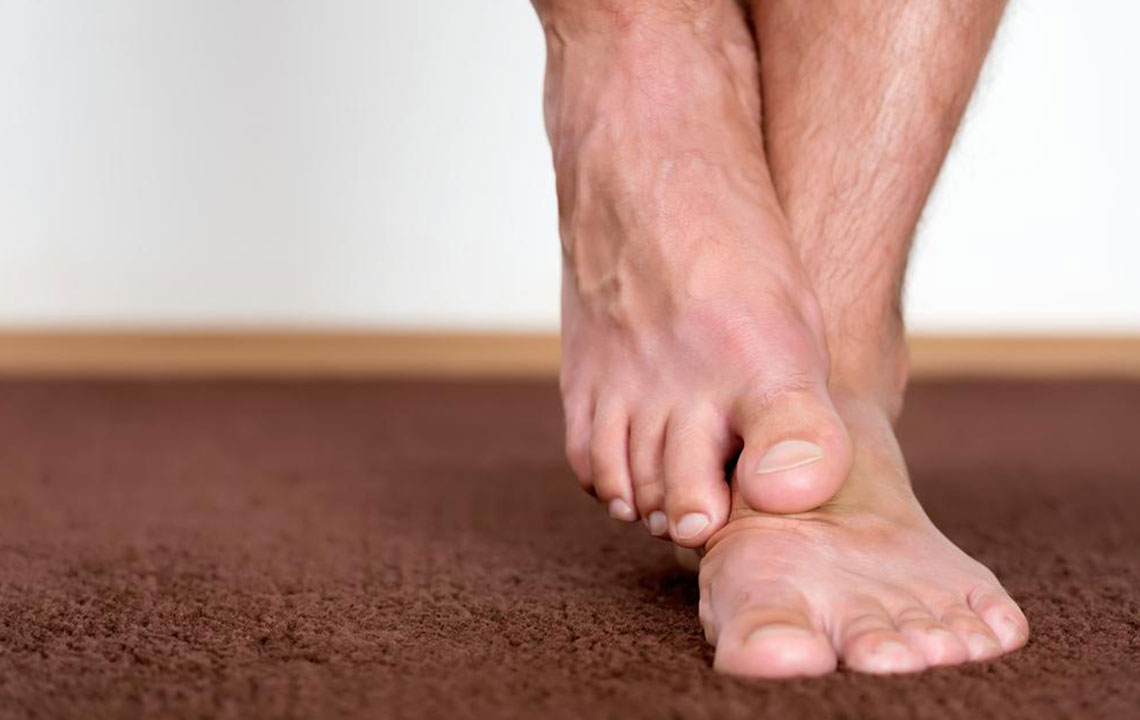Essential Foot Care Tips for Diabetics to Prevent Complications
This article highlights essential foot care practices for diabetics, emphasizing the importance of early detection and preventive measures. It covers common foot problems associated with diabetes such as neuropathy, ulcers, and infections, offering tips for maintaining foot health through proper hygiene, footwear, and lifestyle choices to avoid serious complications like amputations.

Essential Foot Care Tips for Diabetics to Prevent Complications
If you've been diagnosed with diabetes, understanding how it affects your feet is vital. Diabetes can lead to serious foot complications, potentially resulting in amputations if not properly managed. Thankfully, maintaining good foot hygiene, wearing suitable footwear, and adopting a healthy lifestyle can significantly reduce risks. This article explores how diabetes impacts foot health and provides practical tips to prevent common problems and ensure your feet stay healthy.
The Impact of Diabetes on Foot Health
High blood sugar levels increase the likelihood of developing neuropathy and circulatory issues affecting the feet.
Diabetic Neuropathy: Elevated blood glucose can damage nerve fibers, leading to numbness or tingling in the feet. This reduces sensation, making injuries hard to detect and increasing infection risks.
About 10% of diabetics develop foot ulcers as a result of nerve damage and poor blood flow. Weakening muscles can also cause foot deformities and abnormal pressure points.
Peripheral Vascular Disease: Diabetes hampers blood circulation, slowing healing processes after injuries. This condition elevates the risk of infections, gangrene, and potentially amputation if left untreated.
Key Diabetic Foot Problems & Prevention Strategies
Early detection and proper care are essential to avoid infections and severe complications. Common issues include:
Hammertoes: Toe deformities resulting from muscle weakness, often due to tight footwear or genetics. Corrective measures may involve special shoes or surgery.
Fungal Infections: Such as athlete’s foot, characterized by itching and cracked skin. Antifungal treatments are effective.
Blisters: Caused by improper footwear; should be disinfected and not popped to prevent infections.
Nail Fungal Infections: Nails become discolored, brittle, and thickened. Regular foot hygiene and medical treatment help manage persistent cases.
Calluses: Thickened skin from uneven pressure; prevent with well-fitting shoes and avoid self-treatment.
Plantar Warts: Viral growths on the soles of feet, often painful and requiring medical care.
Foot Corns: Hardened skin near toes from shoe pressure; gently remove during baths with a pumice stone.
Dry Skin: Causes cracking and infections; moisturize regularly to maintain skin health.
Good foot hygiene, proper footwear, balanced diet, and regular exercise are key to preventing these issues. Seek professional healthcare promptly if any foot problems arise.


